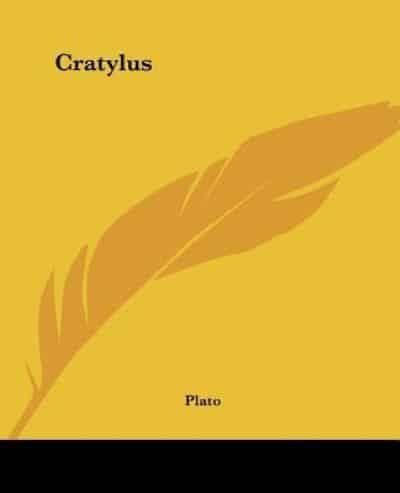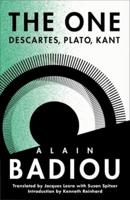Publisher's Synopsis
Cratylus is a philosophical dialogue written by the ancient Greek philosopher Plato. The dialogue takes place between Socrates, Hermogenes, and Cratylus, and centers around the question of whether or not names (words) have an inherent meaning. The dialogue explores the relationship between language and reality, and the extent to which language can accurately represent the world. Throughout the dialogue, Socrates engages in a series of debates with Hermogenes and Cratylus, challenging their beliefs and arguing that language is not a fixed system, but rather a constantly evolving one. In the end, the dialogue leaves open the question of whether or not there is a true or perfect language, and whether or not it is possible to fully capture the essence of reality through words. Cratylus is considered one of Plato's most difficult works, and has been the subject of much scholarly debate and interpretation over the centuries.HERMOGENES: I should explain to you, Socrates, that our friend Cratylus has been arguing about names; he says that they are natural and not conventional; not a portion of the human voice which men agree to use; but that there is a truth or correctness in them, which is the same for Hellenes as for barbarians. Whereupon I ask him, whether his own name of Cratylus is a true name or not, and he answers 'Yes.'This scarce antiquarian book is a facsimile reprint of the old original and may contain some imperfections such as library marks and notations. Because we believe this work is culturally important, we have made it available as part of our commitment for protecting, preserving, and promoting the world's literature in affordable, high quality, modern editions, that are true to their original work.












